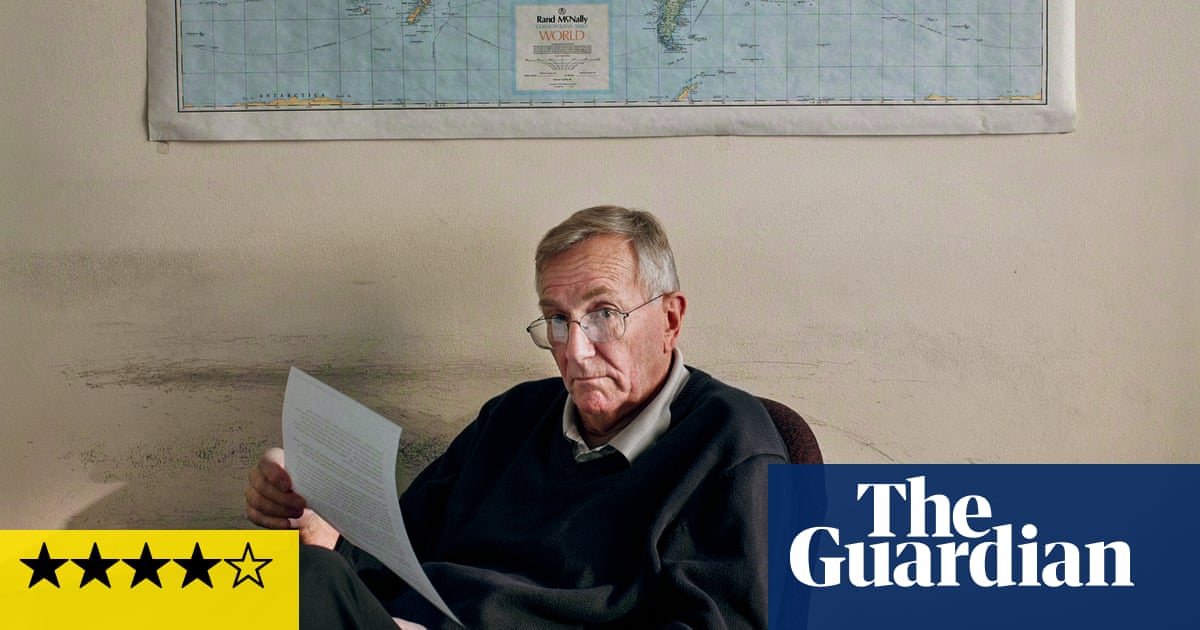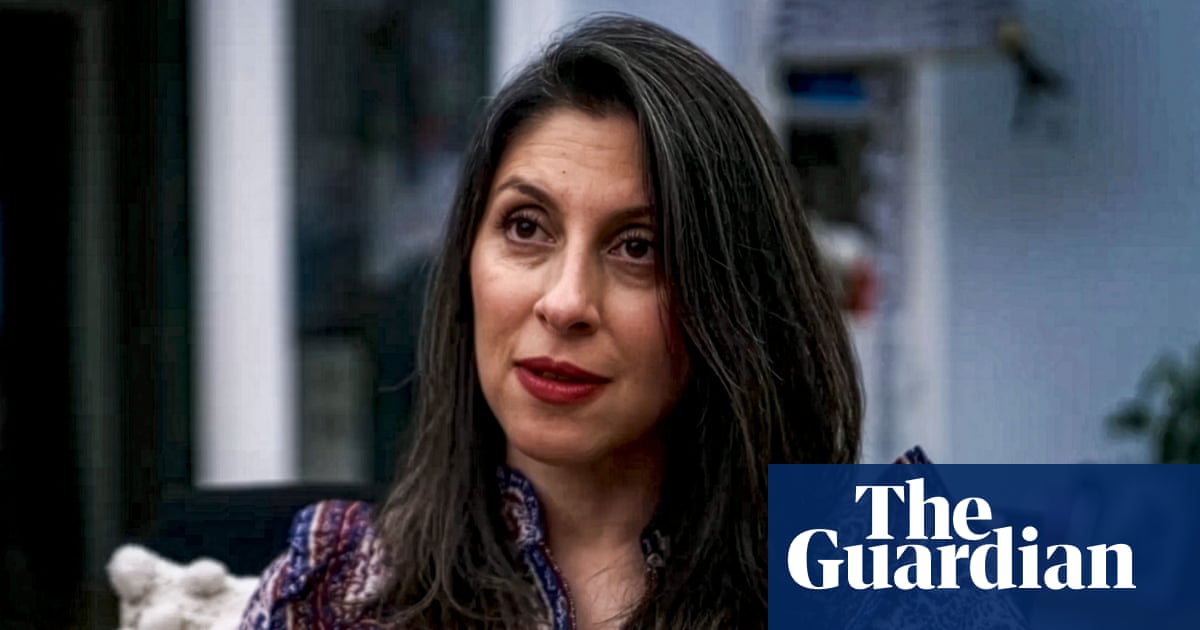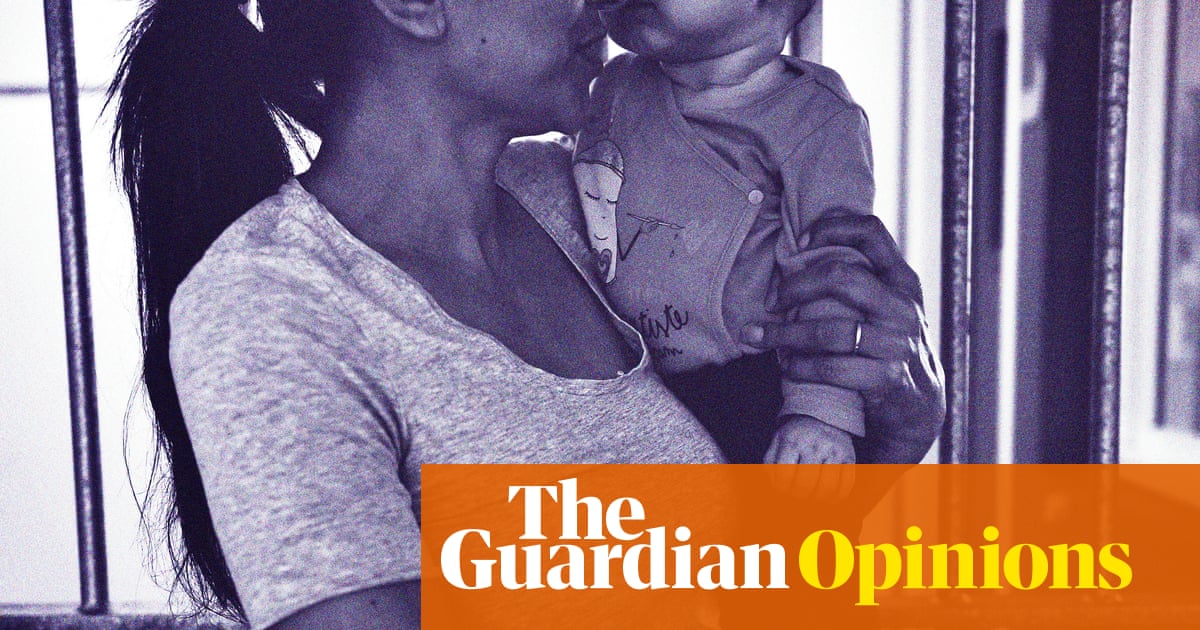Palestine’s most popular leader, Marwan Barghouti, was beaten unconscious by Israeli prison guards and his family fears for his life, his son has said, citing evidence given by former Palestinian detainees released this week as part of the ceasefire deal.
Arab Barghouti said his 66-year-old father was assaulted by eight guards on 14 September as he was being transferred between Ganot and Megiddo prisons.
Barghouti said that five of the Palestinian prisoners released and deported to Egypt by the Israeli authorities on Monday had heard the Palestinian leader’s account of his treatment when he arrived in Megiddo prison.
“What we know is that while they were transferring my father, they stopped along the way and eight security guards within the prison authority that worked for the prison authority started beating my father up in different ways, by kicking him, by [throwing] him on the ground, by punching him, focusing on the head area, chest area and legs as well,” he said, adding that his father later told fellow prisoners he lost consciousness as a result of the attack.
“The released detainees say that when he came to Megiddo he could barely walk for days.”
Barghouti said it was the fourth time his father had been beaten over the past two years. The Palestinian leader has been held in solitary confinement since the Hamas attack on Israel in October 2023, which ignited the Gaza war. Barghouti is a member of the Fatah party, a bitter rival of Hamas.
The Asra Media Office, which covers Palestinian prisoner issues, said Barghouti “lost consciousness and suffered fractures in four ribs as a result of the beating”.
The alleged beating followed a prison visit to Marwan Barghouti by the Israeli national security minister, Itamar Ben Gvir in August. Ben Gvir, a member of an extreme right party who has past convictions from Israeli courts for incitement to racism and support for a terrorist organisation, taunted Barghouti in a video clip published at the time.
According to Arab Barghouti, Ben Gvir also showed the 66-year-old prisoner a picture of an electric chair, and told him he deserved to be executed.
In a statement quoted in Maariv newspaper on Wednesday, Ben Gvir denied the assault allegations, but added that he was “proud that [Barghouti’s] situation has changed radically during my tenure – play time is over, holiday camps are over.
“The murderer Barghouti knows that terrorists like him are treated harshly today, so he invents fake news to incite his despicable terrorist comrades who left him behind as part of the [ceasefire] deal,” Ben Gvir said, adding he gave his full support to the “fighters of the prison service”, who he said were performing “sacred work”.
Barghouti consistently tops polls as the most popular leader among Palestinians. He has been in prison for more than 20 years after being convicted of planning attacks that led to five civilians being killed, and sentenced to five life sentences plus 40 years. The trial was criticised as deeply flawed by the Inter-Parliamentary Union.
As part of the US-brokered ceasefire deal that took effect over the weekend, 250 Palestinian prisoners serving life sentences were released, and most of them deported to Egypt. The Israeli government of Benjamin Netanyahu vetoed Barghouti’s inclusion on the list of prisoners to be freed as part of the deal.
“My father represents the voice of reason,” Arab Barghouti said. “He is the most popular Palestinian leader, but at the same time, he has a political vision that is accepted by the international community that can contribute to the stability of the region, which is a two-state solution.
“He’s been a vocal supporter of the two-state solution for more than three decades. I think the fact that the Israeli government insisted that he’s not part of the deal is a clear declaration that they’re not looking for a credible, legitimate Palestinian leader. They want us to stay divided.”
Additional reporting by Quique Kierszenbaum in Jerusalem

.png) 1 month ago
49
1 month ago
49

















































